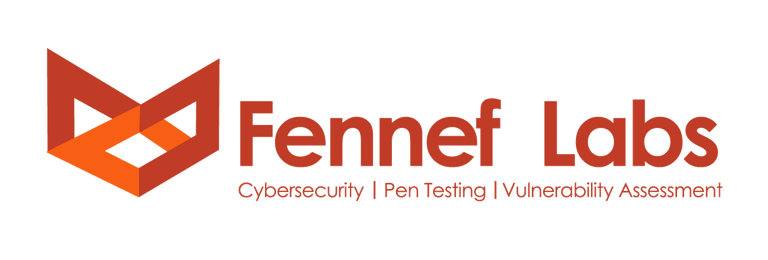The Rise of Agentic AI: Are You Ready for the Autonomous Security Era?
Navigating the Age of Agentic AI in Cyber Security
1/13/20253 min read


Buckle up, because the future of cybersecurity is being rewritten by Agentic AI! Forget the old, reactive security models; we're talking about autonomous AI agents that learn, adapt, and defend your systems with minimal human intervention. This isn't just a buzzword—it's a revolution that's poised to redefine how we protect our digital world.
Agentic AI the next big thing:
Definition: Agentic AI refers to autonomous artificial intelligence systems that can make decisions and take actions with minimal human intervention, learning and adapting to their environment.
Beyond Simple Automation: We're moving beyond basic, pre-programmed responses. Agentic AI leverages advanced algorithms to think and act like human analysts, making decisions on the fly. It's about iterative workflows where AI agents achieve specific goals with little to no human oversight.
Real-Time, Adaptive Defense: Imagine security that doesn't just react to threats but predicts and prevents them. Agentic AI continuously learns from its environment, identifying patterns, and responding dynamically to emerging attacks.
Agentic AI to transform the cybersecurity landscape:
Supercharged Threat Detection: Say goodbye to manual updates and slow responses. Agentic AI is on the front lines, autonomously detecting threats, isolating affected devices, and neutralizing attacks in real time. Think AI-powered malware analysis, phishing detection, and network intrusion prevention all running without human intervention.
Autonomous Incident Response: Forget the bottlenecks and alert fatigue. AI agents can triage, investigate, and remediate incidents autonomously, freeing up human teams for strategic work.
Predictive Security: Agentic AI isn't just about reacting to attacks; it's about anticipating them. By analyzing historical data, these systems can predict future attack patterns, enabling you to proactively strengthen defenses.
Game Changer for Security Teams: Agentic AI is set to transform critical cybersecurity functions, including AppSec, GRC, and SecOps. This means proactive application risk detection, streamlined compliance and governance, and autonomous SecOps that can learn, triage and respond to threats.
AI as a developer apprentice: AI is set to act as a developer "apprentice" by automating bug fixes, testing, and code optimization. AI tools are expected to enhance coding and reduce error rates, helping developers keep pace with DevOps' faster release cycles.
Agentic AI's cutting-edge tech comes with its own set of challenges:
Expanded Attack Vectors: The very nature of autonomous agents creates a complex landscape of interactions and dependencies that increase the attack surface.
The Shadow AI Threat: The use of unsanctioned AI tools in the workplace can create major security headaches.
Who's Accountable?: If an AI agent makes a bad call, who takes the fall? The question of liability and accountability is a serious one with this technology.
Bias and Transparency Concerns: Agentic AI systems can inherit biases and make decisions that are difficult to understand and explain, leading to potential unfair or unexpected outcomes.
Credential Risks: AI agents need access to resources, which means managing their credentials and access becomes critical.
The Malicious Side: What if cybercriminals get their hands on this tech? The rise of autonomous attacks is a real threat, using AI to bypass defenses and exploit vulnerabilities in real-time.
So, how do we navigate this new era of Agentic AI?
Embrace Robust Governance: Organizations need to implement AI governance policies, provide workforce training, and automate detection measures.
Focus on Security From The Start: Security needs to be prioritized at every stage of AI adoption, with a focus on security-first AI models.
Build a Culture of Collaboration: With AI powered attacks on the rise, network and security teams must work together.
Upskill Your Teams: Security teams will need prompt-engineering skills, and will have to adopt to the new role of "AI engineer", as they evolve to work alongside, or even manage teams of, AI agents.
Prioritize Context: Effective agentic AI requires access to the right tools and data. This means investing in systems that provide a comprehensive view of your environment, with robust evidence collection and analysis capabilities.
Prepare for a new role for the CISO: The CISO will evolve from cyber defense leader to architect of business resilience, with a focus on translating cybersecurity investments into measurable business outcomes.
The Bottom Line:
Agentic AI isn't just another tool; it's a paradigm shift that will transform the cybersecurity landscape, with 15% of day-to-day work decisions being made autonomously by 2028. The time to act is now. Embrace the potential, address the challenges, and get ready to ride the wave of autonomous security.

